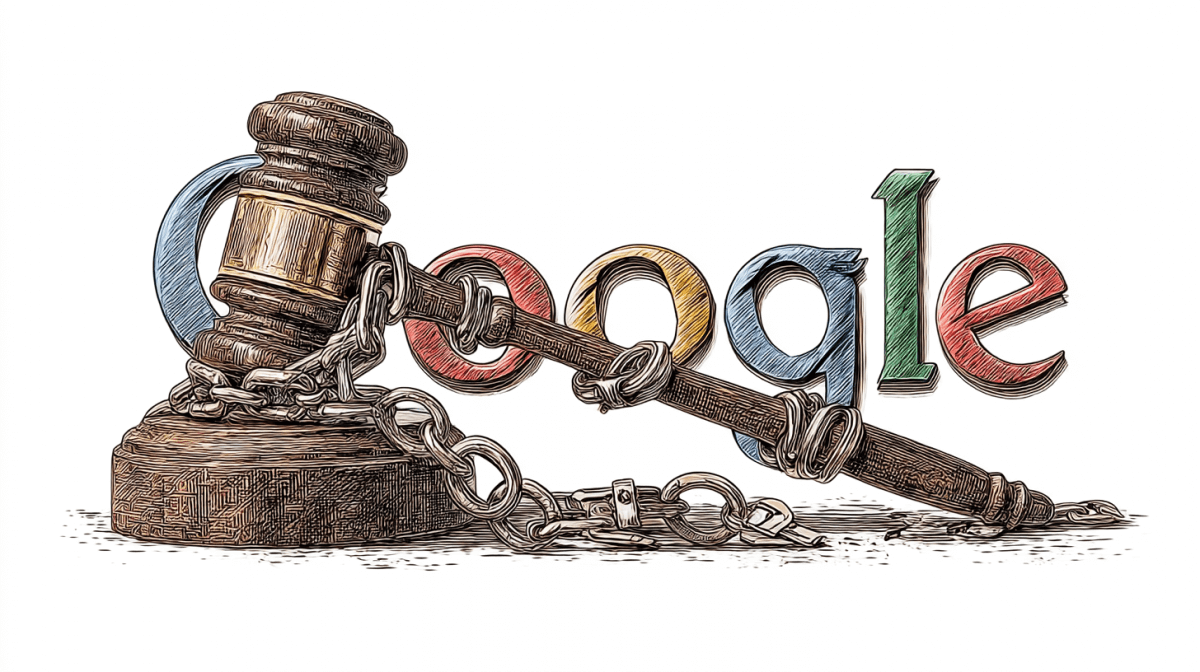A significant ruling was handed down by U.S. District Judge Leonie Brinkema on Thursday, declaring that Google holds an illegal monopoly over online advertising markets. This decision, which could lead to a considerable shift in the tech giant's operations, specifically targets Google's publisher ad servers and ad exchanges.
The case, brought to the forefront by the U.S. Department of Justice (DOJ), centers on the use of publisher ad servers to manage and store digital ad inventory and ad exchanges that act as intermediaries in the ad buying and selling process. These tools are vital for content providers online, as advertising revenue is crucial for the sustainability of the digital ecosystem.
Judge Brinkema's ruling emphasized the substantial harm caused by Google's monopolistic tactics, including damage to publisher customers, the competitive process, and ultimately, the consumer base accessing information on the open web. By dominating these key facets of the advertising market, Google has been able to suppress competition and limit choices for both advertisers and publishers.
This landmark decision marks a victory for the DOJ, which has persistently argued that Google's conduct in the ad tech market stifles competition. The case follows a previous ruling against Google concerning its search engine practices, underscoring the government's ongoing emphasis on maintaining competition in the tech industry.
Despite the ruling's implications, the legal battle is far from concluded. While Judge Brinkema has addressed the monopolistic practices in certain areas, she found that the DOJ did not prove Google's monopoly in the broader advertiser ad network market. This outcome preserves a vital segment of Google's ad business for the time being.
Google, planning to appeal the decision, remains optimistic. The company's vice president of regulatory affairs, Lee-Anne Mulholland, stated, "We won half of this case and we will appeal the other half." Google argues that its ad tech tools are indispensable, efficient, and cost-effective, asserting that publishers favor their products for their simplicity and efficacy.
However, the ruling's repercussions could be extensive. The DOJ may now argue that Google should divest parts of its advertising business to revive competition – a step that could reshape the company's operations significantly. Notably, Google has contemplated selling its ad exchange previously to satisfy European regulators, suggesting a willingness to consider similar compromises in the U.S.
Industry experts, like Michael Ashley Schulman, CIO of Running Point Capital, view the ruling as a "major inflection point" for Google and the broader tech ecosystem. The decision indicates a readiness by U.S. courts to consider "aggressive structural remedies" to monopolistic behavior, potentially impacting other tech behemoths such as Amazon and Meta Platforms.
The ruling also underscores the growing bipartisan resolve to regulate large tech companies' influence in the digital market. Subsequent legal challenges await Google, including a separate trial in Washington that could impose further limitations on the company, like the potential forced sale of its Chrome browser, aiming to curb its dominance in online search.
Amid these challenges, Google must navigate the precarious landscape of antitrust actions, possibly requiring a strategic and structural reevaluation. The case stands as a clear indication of the regulatory pressures facing big tech companies, and it remains to be seen how Google will adapt to this escalating threat.

